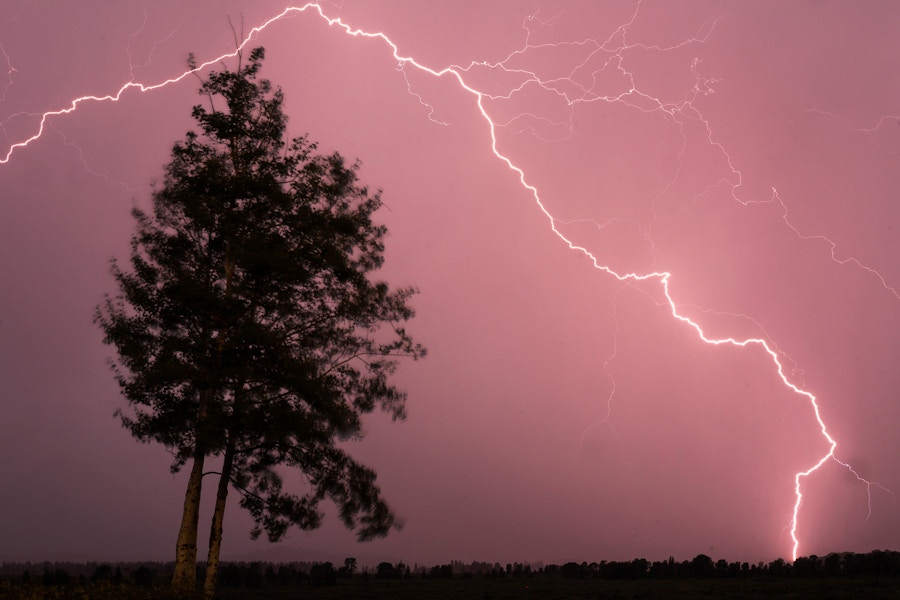Near the beginning of On the Providence of God Chrysostom writes that he is “concocting this treatment, not only by drawing from the Divine Scriptures, but also from the events which occur in this present life and which continually take place.” He widens the source of his inquiry into providence because, as he puts it, he realizes there are some people “who do not pay attention to the Scriptures” and yet can still benefit from what he has to say “if only they are willing.” Chrysostom will augment his argument, then, from two further sources: this life’s events and God’s providence as demonstrated in the natural world.
This is not to say, however, that Chrysostom ignores or downplays God’s voice in nature for those who also accept the authority of Scripture. Indeed, Chrysostom contends that God’s evaluation of nature in the pages of the Bible is the primary grid one must utilize to avoid misunderstanding God’s intentions in creating the universe. We all know nature contains aspects that are quite beneficial to humanity and elements that are more difficult to reconcile with God’s love and goodness. Nature’s goodness is not always apparent.
“That is to say, among those things which God viewed were not only light, but also darkness. Not only fruit, but also thorns. Not only cultivated trees, but also wild trees. Not only sloping plains, but also poisonous reptiles. Not only fish, but also sea monsters. Not only calm seas, but also the unnavigable ocean … Many were soon to be troubled by these realities and heresies to be born.”
Chrysostom teaches much the same message in his sermons on Genesis. He argues, as in The Providence of God, that heresies are born when we refuse to accept God’s judgment on the goodness of creation.
“When we see people of good reputation giving their opinion of things that happen, we don’t contradict them, but rather fall in with their opinion and often prefer their opinion to our own. So much the more in the case of the God of all things, the Creator of everything we can see, should we do likewise: we should learn his judgment on things, subdue our own reasonings, and instead of presuming further we should be content with the knowledge that everything has been produced by a word coming from him and by his loving kindness, and that nothing has been created idly or to no purpose. Even if, through the limitations of our own reasoning, we should be in ignorance of created things, he himself in his own wisdom and thoughtful love produced all things.”
If God, the one who has created all things, does not hesitate to label all creation “good,” this is also the interpretive stance his believing community is to assume, even before those aspects of nature that appear to be harmful.
“Therefore, having heard the prophet say to you that God saw these things and praised them, stop trying to find another test and demonstration of their goodness. Don’t ask: ‘In what way are they good?’ For the declaration of the opinion and judgment of the one who created them is more certain than the demonstration drawn from the works themselves … For if you are not satisfied with this word, but want to occupy yourself with a detailed investigation of creation, you are only flinging yourself into a violent tide of evil reasonings and billows creating a great tempest.”
One must exercise great care in interpreting Chrysostom at this juncture. He is painting in broad strokes, and we will misunderstand him if we believe him to be saying that the Christian should avoid close observation and examination of the natural realm. Next week we’ll explore his own fascination with nature and his willingness to hypothesize how nature functions. He does want us, though, to avoid premature, uninformed judgments as to the goodness of all of creation. All that God declares to be good is good, even if we can’t immediately recognize its goodness. Our evaluations must be shaped by God’s evaluations, not vice versa.


